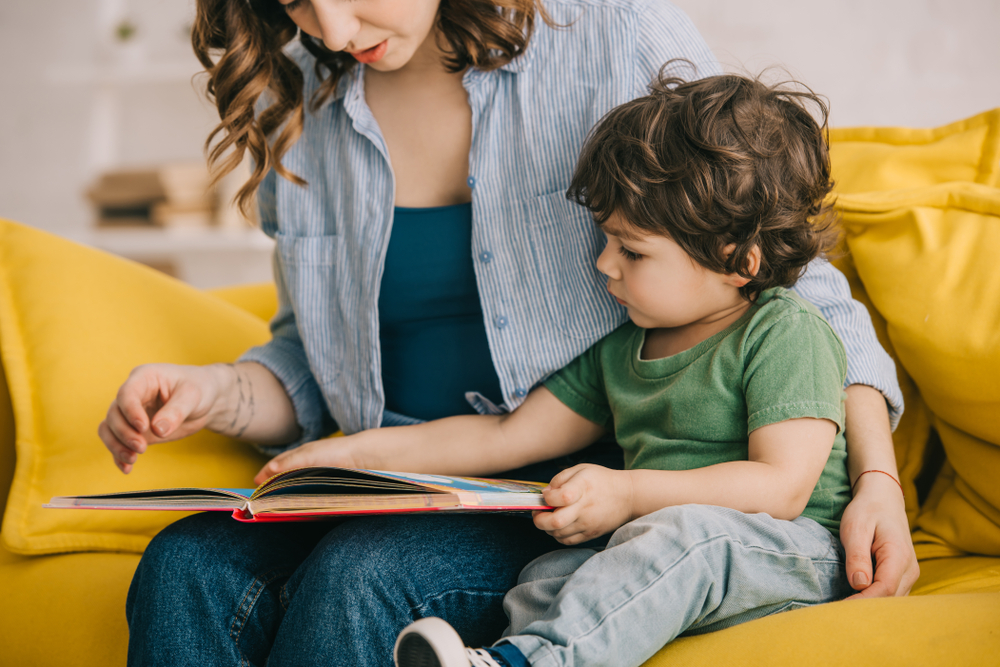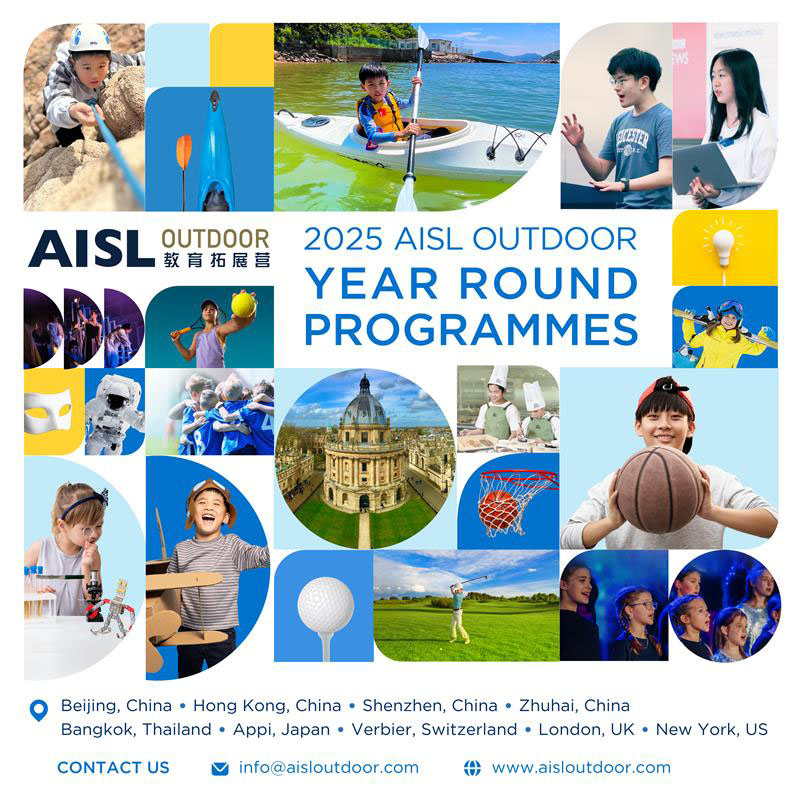A recent study published in Nature Human Behaviour provides compelling evidence on how social connections among students significantly influence their educational outcomes. In addition to peer relationships, the research emphasizes the critical role that parental education levels play in shaping student success, particularly highlighting that a mother’s education level is the most influential factor in determining academic achievement.
Key Findings:
1. Impact of Social Networks on Academic Performance: The study analyzed data from multiple educational settings, revealing that students with strong friendships and social networks tend to perform better academically. Specifically, the research found that students who reported higher levels of social support were 15% more likely to achieve higher grades compared to their peers with weaker connections. This finding highlights the direct correlation between social engagement and academic success.
2. Collaboration and Learning: A significant insight from the study is that friends often collaborate on academic tasks, enhancing their learning experience. Students who engage in group study sessions or share educational resources with friends reported a 20% increase in their understanding of the material. This collaboration not only improves academic performance but also fosters a sense of belonging and motivation among students.
3. Mitigation of Isolation: The research emphasizes the importance of social connections in mitigating feelings of isolation, which can have detrimental effects on student well-being and academic performance. Students who experienced feelings of loneliness or social exclusion were found to have lower academic achievement and higher dropout rates. The study indicates that fostering an inclusive school environment can reduce these feelings and promote better educational outcomes.

4. Parental Education Levels: The study highlights the significant impact of parental education on student outcomes. Notably, the education level of the mother was found to be more influential than that of the father in determining a child’s academic success. Students whose mothers had completed higher education were 30% more likely to achieve higher grades and pursue further education compared to those whose mothers had lower educational attainment. This finding underlines the critical role mothers play in shaping educational aspirations and support for their children.
5. Declining Importance of Father’s Educational Status: Interestingly, the research also indicates a decline in the influence of a father’s educational status on student outcomes over recent years. While historically, fathers’ educational levels were considered crucial, the study suggests that their impact has diminished in favor of maternal education. This shift may reflect changing societal roles and parenting dynamics, where mothers increasingly take on the primary educational role, leading to a more pronounced effect on children’s academic achievements.
6. Long-Term Educational Benefits: The benefits of both strong social networks and high parental education levels extend beyond immediate academic performance. Students with solid peer relationships and educated mothers are more likely to pursue higher education and engage in lifelong learning. The research indicates that those with supportive social ties during high school and educated mothers are 25% more likely to enroll in college, reinforcing the long-term impact of these factors on educational trajectories.
7. Recommendations for Educators and Policymakers: The authors advocate for educational policies that prioritize the development of social skills and peer interactions while also addressing parental involvement. They recommend implementing programs aimed at building community and fostering collaboration among students, as well as initiatives to support parental engagement in education. By creating environments that encourage positive social interactions and involve parents, schools can enhance both the academic and emotional well-being of their students.
In conclusion, this research underscores the vital role that mothers’ education and social connections play in determining educational outcomes. By recognizing and actively promoting peer relationships, as well as emphasizing the importance of maternal education, schools can create more supportive learning environments that improve academic success and enhance student well-being. The findings call for a holistic approach to education—one that integrates social development with familial support, ensuring that students are equipped to thrive both inside and outside the classroom.
For further details, you can access the full study here.
Special Education that may be of interest:
Get a special discount by quoting code AISLMALL during CHECKOUT.
Allied Health School Services Program – Screening plus brief report
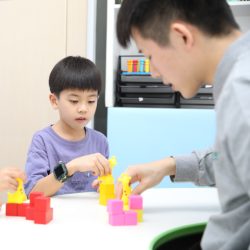
In 2023, ISS and OST Therapy launched the Allied Health School Services Program. Together, we’ve built a team of certified, multi-lingual allied health professionals who quickly identify, assess, and support students with speech, language, learning, social, emotional, psychological, and behavioural challenges. Our goal is to enhance students’ communication skills and academic performance.
iLiving: Initial 4 hours Root Course Healing for Children
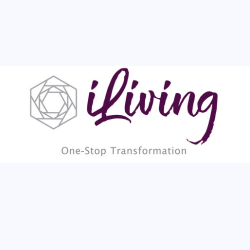
iLiving is a holistic wellness centre that offers integrated services for personal transformation. They provide a comprehensive approach to address both physical and mental health, focusing on modalities like bioresonance, life coaching, family constellations, and more to help clients achieve optimal well-being. The founder Anita S K Cheung has been recognised as one of Hong Kong’s Most Inspiring Residents and voted Best Alternative Healer multiple times.
Parent or Domestic Helper Coaching and Social and Emotional Playgroup for children (Group and Private) from Abigail
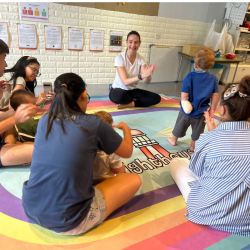
Abigail Carr is an Early Childhood Learning specialist with 27 years of experience in nurturing children’s holistic development. As a Registered Kindergarten Teacher, Principal and Lecturer in Hong Kong, she has spent over 19 years in traditional and international kindergartens, working closely with families. As strong relationships and effective communication are essential for happy homes, Abby’s passion lies in empowering parents and caregivers to enhance interactions with children.
Special Learning: Supporting Autism and Developmental Needs

At Special Learning, we are passionate about changing the lives of people with Autism and other special needs. And we do it through our exceptional educational suite of solutions for ABA practitioners, educators and parents. You can use our leading-edge technology platforms to effectively receive educational products and services around the world without geographical limitations.
Speechsquare – Speech Therapy

Speechsquare – Speech Therapy from Melyngo Technology. Speech is a fundamental human skill, but for some, it can be a source of anxiety and frustration. INSPIRE provides a safe and supportive environment where learners can practice and build the confidence to speak up. Speech is a fundamental human skill, but for some, it can be a source of anxiety and frustration.
